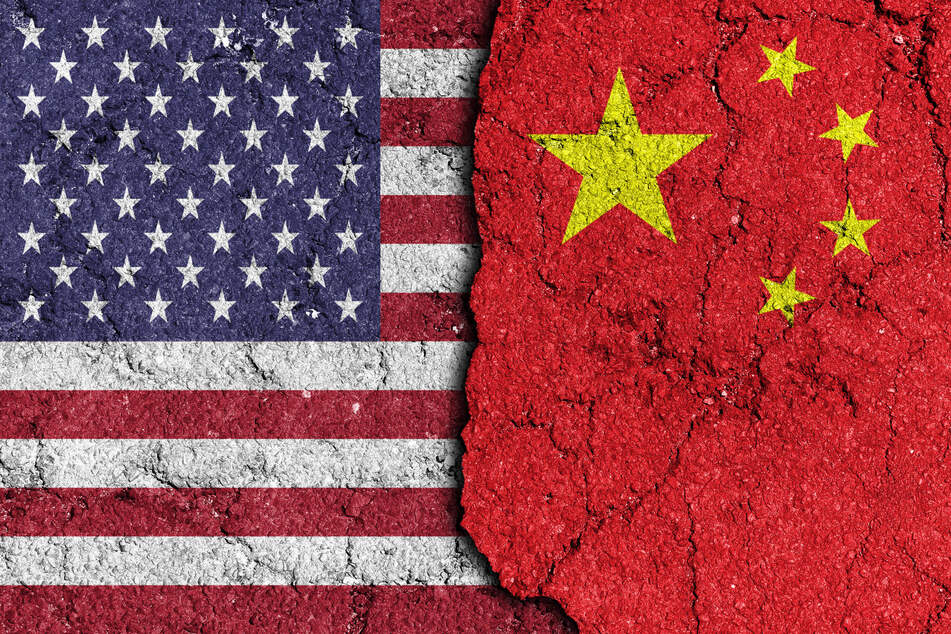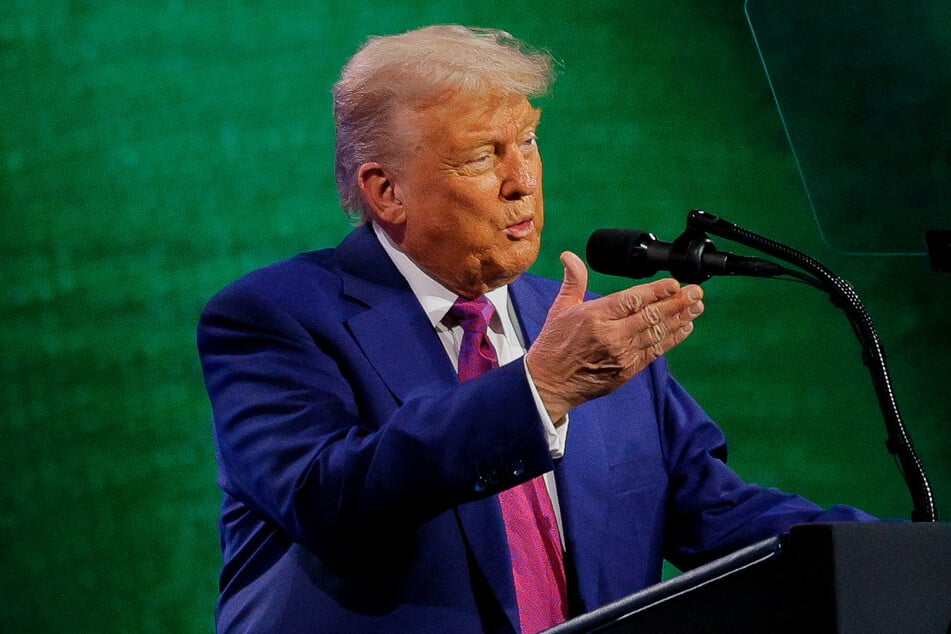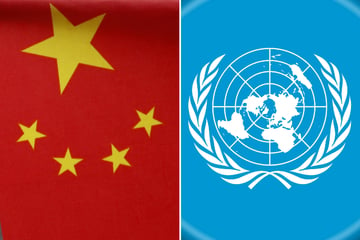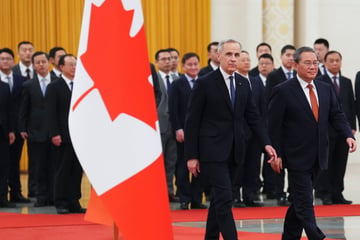US and China slash tariffs in climbdown from devastating trade war launched by Trump
Washington DC - The US and China slashed sweeping tariffs on each other's goods for 90 days on Wednesday, after a temporary ceasefire in a brutal trade war that roiled global markets and international supply chains.

Washington and Beijing agreed to drastically lower sky-high tariffs in a deal that emerged from pivotal talks over the weekend in Geneva.
US President Donald Trump said Washington now had the blueprint for a "very, very strong" trade deal with China that would see Beijing's economy "open up" to US businesses, in an interview broadcast Tuesday on Fox News.
"We have the confines of a very, very strong deal with China. But the most exciting part of the deal...that's the opening up of China to US business," he told host Sean Hannity while aboard Air Force One on the way to the start of his Gulf tour.
"One of the things I think that could be most exciting for us and also for China, is that we're trying to open up China," he added, without elaborating on details.
Trump had upended international commerce with his sweeping tariffs across economies, with China hit hardest.
Unwilling to budge, Beijing had responded with retaliatory levies that brought tariffs on both sides well over 100%.
Under the deal struck this weekend, the US agreed to lower its tariffs on Chinese goods to 30% while China will reduce its own to 10%.
The reductions came into effect just after midnight ET on Wednesday.
Will the new trade détente hold?

Chinese officials have kept their cards closer to their chests, pitching themselves at a summit in Beijing with Latin American leaders this week as a stable partner and defender of globalization.
"There are no winners in tariff wars or trade wars," Xi told leaders including Brazil's Luiz Inácio Lula da Silva, while his top diplomat Wang Yi swiped at a "major power" that believed "might makes right".
Deep sources of tension remain, too – the US additional tariff rate remains higher than China's because it includes a 20% levy over Trump's complaints about Chinese exports of chemicals used to make fentanyl.
And while the US said it sees room for progress on the issue, Beijing on Tuesday warned Washington to "stop smearing and shifting blame" onto it.
Analysts also warn that the possibility of tariffs coming back into force after 90 days simply piles on more uncertainty.
Trump's rollercoaster tariff row with Beijing has wreaked havoc on US companies that rely on Chinese manufacturing, with a temporary de-escalation only expected to partially calm the storm.
And Beijing officials have admitted that China's economy – already ailing from a protracted property crisis and sluggish consumer spending – is likewise being affected by the trade uncertainty.
Cover photo: IMAGO / Bihlmayerfotografie

